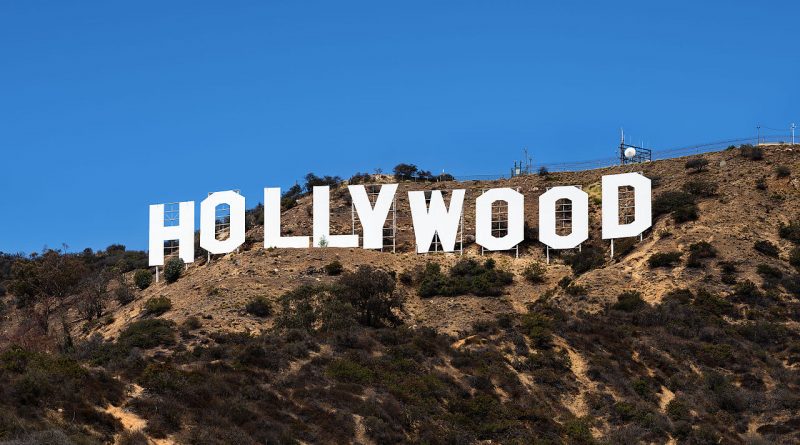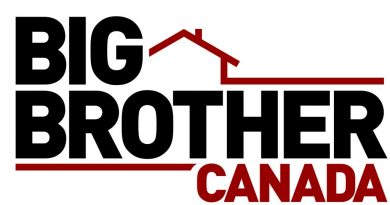Celebs cheapen their brand with odd business launches
Celebrity endorsements are as old as advertising itself. We’ve seen it all, from fitness gurus hawking miracle machines to supermodels swearing by age-defying creams. But something’s shifted.
Celebrities aren’t just lending their faces to existing products anymore; they’re launching their own brands. And while some ventures feel like a natural extension of their persona, others leave me scratching my head, wondering if we’ve reached peak celebrity overreach.
Don’t get me wrong, I understand the allure. Celebrities have built-in audiences, instant recognition, and a certain level of trust (or at least familiarity) with the public. Leveraging that into a tangible product seems like a smart move – a way to build lasting wealth and cement their influence beyond fleeting fame.
A musician launching a tequila line? Sure, it plays into the rockstar image, the celebratory lifestyle.
A chef creating cookware? Absolutely, it aligns with their expertise and passion.
But then we stumble into the bizarre. Take the hosts of the “Smartless” podcast, for example. I’m a fan, I find them genuinely funny and engaging. But their foray into the telecommunications industry with “Smartless Mobile” feels… well, just plain weird. They’re essentially reselling access to existing networks, slapping their brand on it, and expecting their fans to flock to a new phone provider simply because they’re the faces behind it.
Where’s the connection? Where’s the authenticity?
Their explanation, “most people listen to the podcast on their phone,” falls flat. It’s a flimsy argument, a justification grasping at straws. This isn’t a natural progression of their brand. It feels forced, like a venture driven more by profit motives than genuine passion or expertise.
Passing along a third-party product is risky, too. What happens if the cellular network goes down? What happens if one of the three major mobile carriers on whom Smartless Mobile piggy-backs has an issue? Will customers get mad at the network handling their signal or will they get pissed at Smartless Mobile because that’s the company they pay and the name they know?
And let’s not forget the Trump family’s foray into the same market. So much can be said about them but you know all about their product schemes so let’s move along.
This isn’t just about these specific examples; it’s about a larger trend. Celebrities seem to think their brand is infinitely expandable, applicable to any market, any industry. But is that really the case? Are they cheapening their carefully cultivated image by venturing into areas where they have no demonstrable expertise or genuine connection?
I believe the answer is a resounding yes. Authenticity is king. Consumers are savvy. They can sniff out a disingenuous endorsement or a poorly conceived product launch from a mile away. They’re not going to switch phone providers just because their favorite podcast hosts tell them to. They’re not going to buy overpriced honey just because a duchess claims to be a beekeeper.
Speaking of Meghan Markle, her struggles to establish a successful business empire highlight the dangers of misplaced ambition. While she undoubtedly possesses a strong personal brand and a dedicated following, her attempts to portray herself as a domestic goddess, a beekeeping expert, a lifestyle guru, all while facing accusations of inauthenticity, have largely fallen flat. The public sees through the carefully constructed facade, the disconnect between perception and reality.
The problem, I believe, lies in the assumption that a celebrity’s popularity automatically translates to business success. It simply doesn’t. Building a successful brand requires more than just a famous face and a catchy slogan. It requires genuine passion, in-depth knowledge, a commitment to quality, and a clear understanding of the target market.
What’s happening is a dangerous blurring of the lines between celebrity and entrepreneur. Being famous doesn’t automatically qualify you to run a business, let alone disrupt an entire industry. In fact, it can be a hindrance. The pressure to maintain a certain image, the constant scrutiny from the media, and the potential for public backlash can all derail even the most promising ventures.
Furthermore, these misfires can have a lasting impact on a celebrity’s brand. Every failed venture chips away at their credibility, eroding the trust they’ve built with their fans. A series of poorly conceived product launches can leave a celebrity looking desperate, out of touch, and ultimately, irrelevant.
So, what’s the solution? How can celebrities leverage their brand without compromising their integrity and alienating their fans?
First and foremost, they need to be authentic. They need to focus on areas where they have genuine passion and expertise. They need to choose ventures that align with their personal brand and resonate with their audience.
Secondly, they need to do their homework. They need to thoroughly research the market, understand the competition, and develop a solid business plan. They need to surround themselves with experts who can provide guidance and support.
Finally, they need to be prepared to fail. Not every venture is going to be a success. But by learning from their mistakes, adapting to the market, and staying true to their values, celebrities can build lasting, meaningful brands that extend far beyond their initial fame.
Let’s hope that celebrities start thinking strategically before jumping into unfamiliar business ventures. In this era of heightened consumer awareness, a misstep can be costly, not just in financial terms, but in the erosion of their brand itself.
The world doesn’t need another celebrity-branded phone company; it needs genuine innovation and products that people can truly believe in. And that requires more than just a famous face and a catchy slogan.



